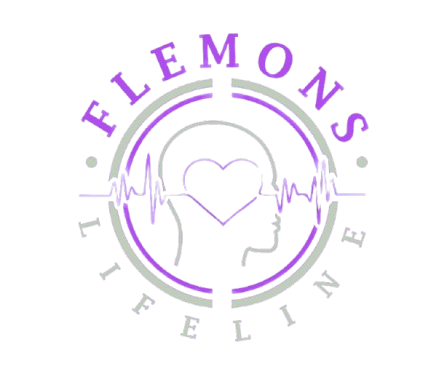Protecting Assets from Nursing Home Costs
Nursing home care can be essential in a loved one’s medical journey. However, without proper planning, it can quickly deplete a family’s life savings and place a heavy financial burden on those left behind. This resource will equip you on protecting assets from nursing home costs by fully understanding strategies to preserve assets, protect your legacy, and make informed decisions for your loved one’s care.
Why Nursing Homes Threaten Your Assets
Medicaid is a wonderful resource for affording quality long-term care. To qualify, though, individuals often need to reduce their assets to meet the program’s eligibility requirements. Assets such as homes, savings, investments, life insurance policies, retirement accounts, and even certain personal belongings may need to be adjusted or protected to ensure eligibility.
Three Genius Ways to Protect Your Assets
 1. Invest in Long-Term Care Coverage
1. Invest in Long-Term Care Coverage
One of the most reliable ways to shield your assets is by purchasing long-term care insurance. This insurance is specifically designed to cover the costs of care in a nursing home or assisted living facility. By obtaining this coverage in advance, you can protect your savings while ensuring you receive the necessary care without the fear of depleting your assets. Choose a policy that aligns with your potential future care needs and fits within your financial plan.
2. Turn Assets into Steady Income with a Medicaid-Compliant Annuity
A Medicaid-compliant annuity is a strategic way to convert a portion of your assets into a predictable income stream. This option allows you to meet Medicaid’s eligibility requirements while preserving your assets for future use. By exchanging a lump sum of money for regular payments, you maintain a reliable income and stay within Medicaid’s asset limits, ensuring your financial security without sacrificing your wealth.
3. Protect Assets with an Irrevocable Trust
Establishing an irrevocable trust is an effective method for safeguarding your assets from Medicaid’s lookback period and estate recovery. When you transfer ownership of your assets to an irrevocable trust, you no longer legally own them, helping you qualify for Medicaid. While this strategy can be highly beneficial, it’s important to carefully plan and seek guidance from an estate planning professional, as once assets are transferred into an irrevocable trust, they cannot be reclaimed.
How We Can Help
Flemons Lifeline Foundation for Alzheimer’s is dedicated to providing financial assistance to long-term nursing care costs. We help individuals and families alleviate the financial burden associated with Alzheimer’s care by offering partial funding for nursing facility expenses. Along with this, we support the preservation of assets, ensuring that loved ones can receive the quality care they deserve without depleting their savings. Through our assistance, we aim to make long-term care more accessible, offering peace of mind during a challenging time. Click here for more information about we can help.
